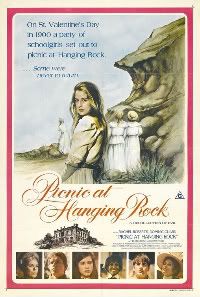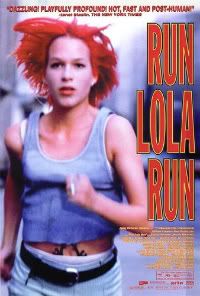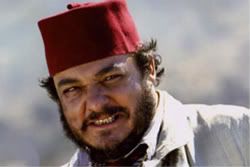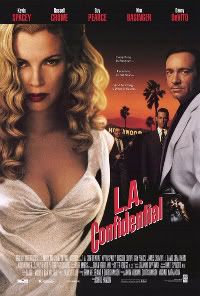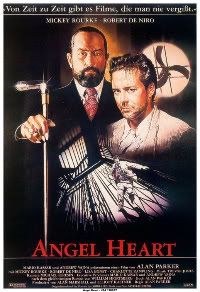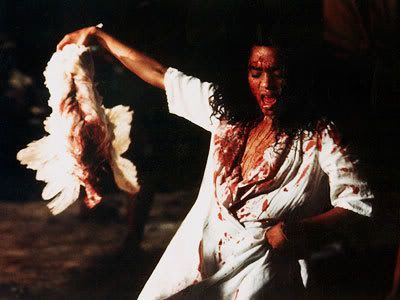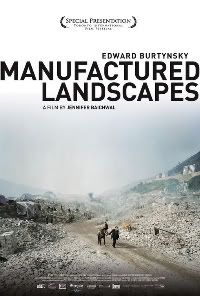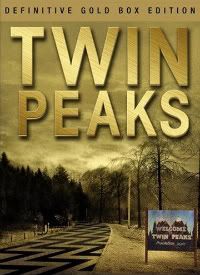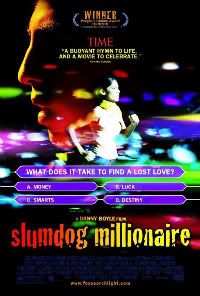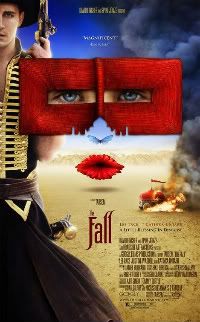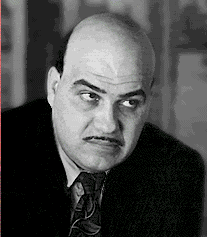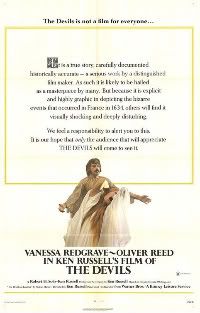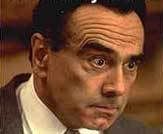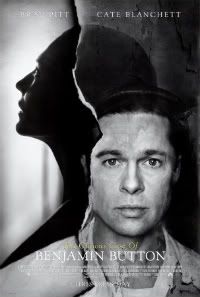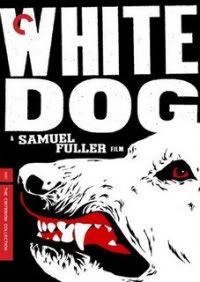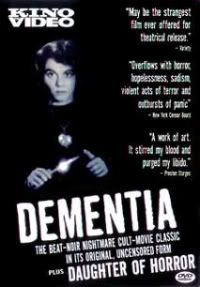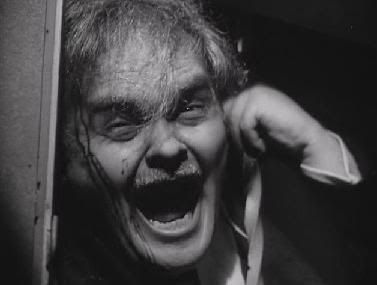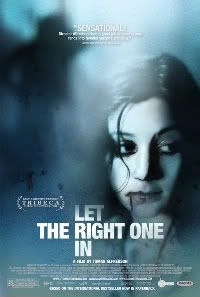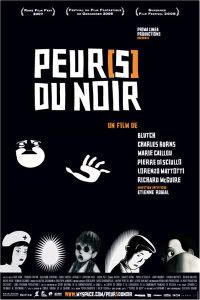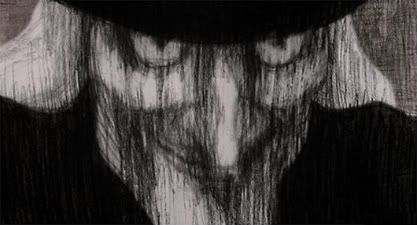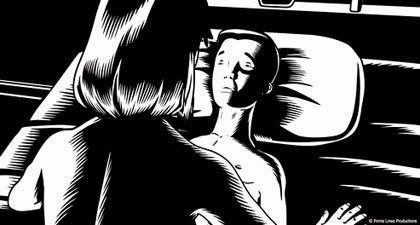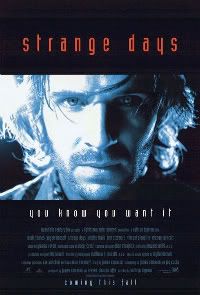
When directors decide to pay homage to a lost genre of film, they dance the fine line between entertainment and self-indulgence. Granted, self-indulgence can also be entertaining - Tarantino's entire body of work is one giant piece of cinematic masturbation, but it's fun to watch (in restrospect, that just sounds dirty). But Tarantino is an expert in that style of filmmaking. Guy Maddin, while an accomplished filmmaker, is in new territory and portions of the film wander aimlessly as if the plot has become lost in that unexplored realm.
Maddin chose to make a "silent film" that owes more of its visual style to David Lynch's "Eraserhead" than to anything produced in the 1920's. Some of the characters (particularly the mother) fluctuate between frightening and humorous and the lighthouse/orphanage that our narrator is reared in has a layout that's about as straightforward as the Navidson home in Danielewski's "House of Leaves." The plot itself mixes child torture, cannibalism, zombies and lesbian love triangles interwoven into a dark and unique story (though the notion of a scientist harvesting life force from abducted orphans is somewhat reminiscent of Jeunet's "City of Lost Children"). In short, the surreal combination of all these characteristics give the film the feel of a fever dream you might experience after looking through family photo albums.
For everything that I really appreciate and enjoy about the film, there was one major component to the film that I couldn't stand: the narration. Narration for a silent film has a nice, experimental sound/feel to it, but just as not all experiments are proven successes, this is where I think the film fails to hit home for me. Isabella Rossellini's throaty voicing is certainly welcome at any time, but not when she's spouting out dialog that feels like it's excerpted from a Samuel Beckett play (and while I love Endgame, I do not dig this). I recall struggling for some time to find an audio track without narration (the Critereon DVD came with twelve audio tracks), but it was all for naught - multiple tracks only yielded various actors reading the exact same script. I settled for Crispin Glover for his narration seemed more fitting.
For the life of me, I can't understand why Maddin's felt the need for it. Perhaps he created a true "silent" version of the film and it just tested poorly because the average moviegoer couldn't interpret what was taking place on screen. That, or he just thought it would be a fun opportunity to wax poetic about estranged love for one's family, inserting attempts at humor along the way. Either way, it not only falls short, but it keeps you (or at least it did me) from truly engaging in what's taking place on screen. Apart from that major flaw though, it is a visual marvel to behold and I won't begrudge Maddin from attempting something unique in this day and age of studio remakes and other such dreck.
Watch the Trailer
